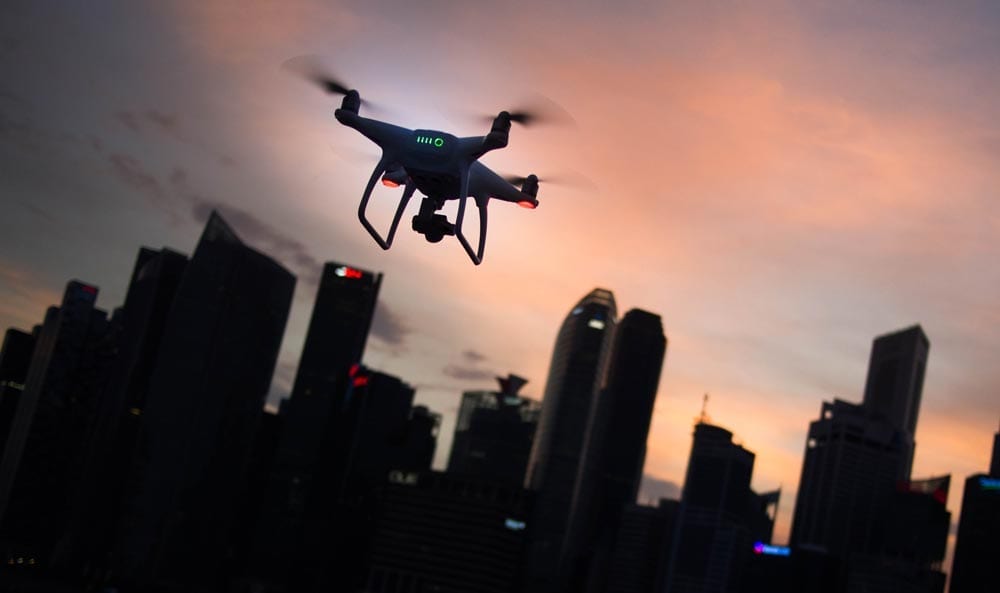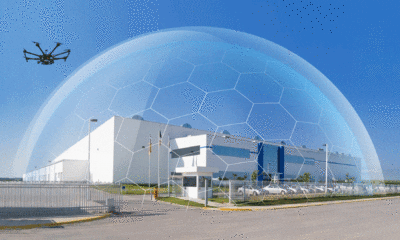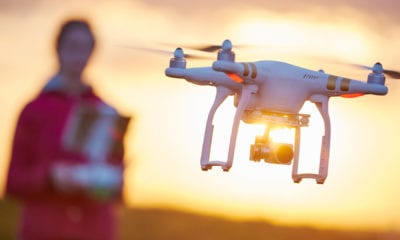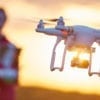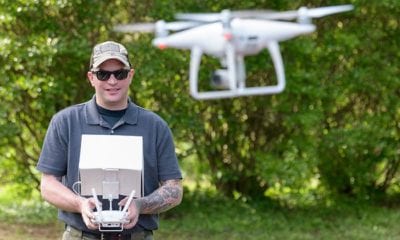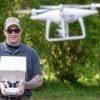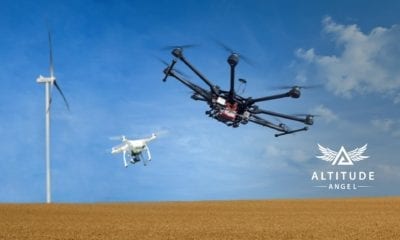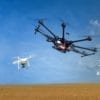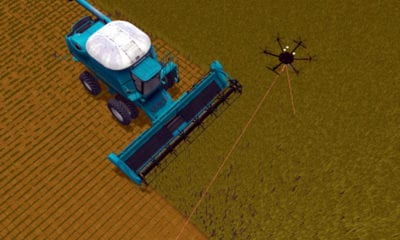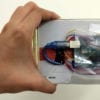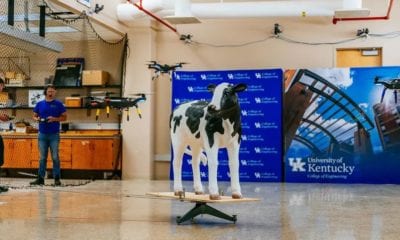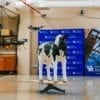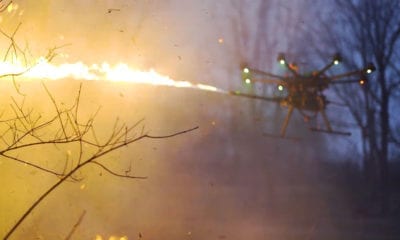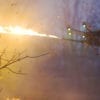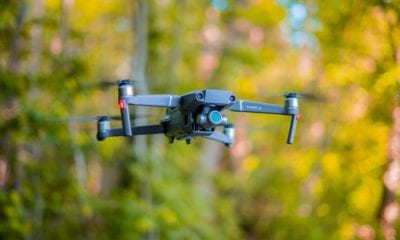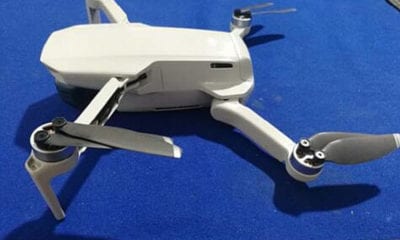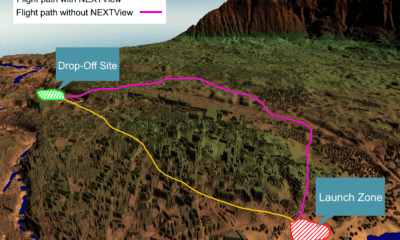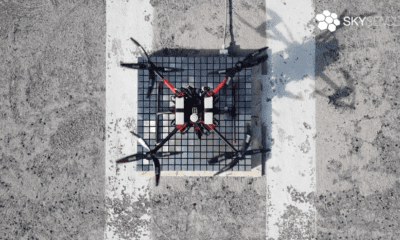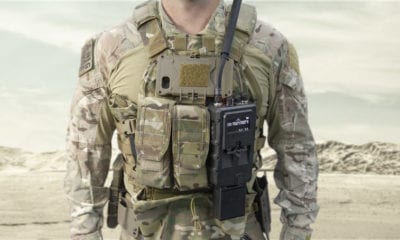News
A Drone’s Eye View: Why and How the FAA Should Regulate Hobbyist Drone Use
It’s 2018, and we are living in a society driven by technology, taking the surveillance and invasion of privacy to an entirely new level. This, according to Alexandria Tomanelli, is the direction in which the unmanned aircraft systems (known as drones) are going.
Addressing The Privacy Implications At A Federal (Or State) Level
As an author of a new paper and a student at the Touro College Jacob D. Fuchsberg Law Center, Tomanelli believes that there is a national debate about whether these privacy implications should be addressed at a federal or state level.
“The Federal Aviation Administration (“FAA”) asserts that its goal is to safely integrate this innovative technology into the National Airspace System (“NAS”) and that its mission does not include privacy concerns. The FAA argues that these property and privacy concerns fall into the realm of state police powers and should be regulated locally. The FAA, however, is the only administrative agency with the power to regulate and monitor drone use,” the author claims.
Adopting Regulations To Protect Privacy Rights Is Crucial
This is why Tomanelli thinks that FAA should adopt regulations to protect privacy rights which are not covered by the current regulations. As she notes, “the tension between those being surveilled and the drone operator highlights the legal implications of the current regulations, and it is time to address the relationship between drone technology and our right to privacy.”
Judging by the forecasts which indicate the increase in the manufacturing of drones and their development, there is now a certain amount of privacy concerns created by hobbyist drones who tend to fly on private property – and the FAA has been unwilling to come with a set of regulations that pertain to such privacy concerns.
The Lack Of Uniformity – And The Need For Specific Regulation
As Tomanelli believes, the problem with drone technology nowadays is the lack of uniformity among states – as well as the proliferation of hobbyist drone use on private property and in intimate settings.
However, the capabilities of the technology definitely undermine the privacy of civilians in private and public settings. The need for specific regulations is critical, making drone technology forcing us to reconsider the nature of privacy in the modern world of drones.
After reviewing the origins of drones, their evolution, capabilities and functions, Tomanelli focuses on the recreational use of drones and the dangers of this type of use – also citing the regulations by the FAA and its responsibilities.
Tomanelli’s Proposed Privacy Regulations Scheme
Aside from the civilian use, Tomanelli also focuses on the government use of drones and the requirements for their commercial use. She concludes that the FAA lacks intentions of addressing privacy concerns – and that everything should be addressed at a federal level.
To sum things up, Tomanelli is proposing a privacy regulatory scheme in which, according to her, “The FAA should implement drone privacy regulations that adequately protect the concerns of civilians about drone technology.”
She also notes that the FAA “should promulgate regulations that focus on hobbyist drone use” and that these regulations should forbid any aerial surveillance or flights over private property without consent, which will align with the property right of excluding others from using an owner’s property.
“If the FAA does not want to be responsible for setting the violations or fines for drone users, it can permit the states to adopt these privacy regulations and allow them to further regulate and set these Fines. The FAA and the states can work in a cooperative way known as cooperative federalism,” Tomanelli concludes.
Citation: Tomanelli, Alexandria (2018) “A Drone’s Eye View: Why and How the Federal Aviation Administration Should Regulate Hobbyist Drone Use,” Touro Law Review: Vol. 34 : No. 3 , Article 8. Available at: https://digitalcommons.tourolaw.edu/lawreview/vol34/iss3/8

